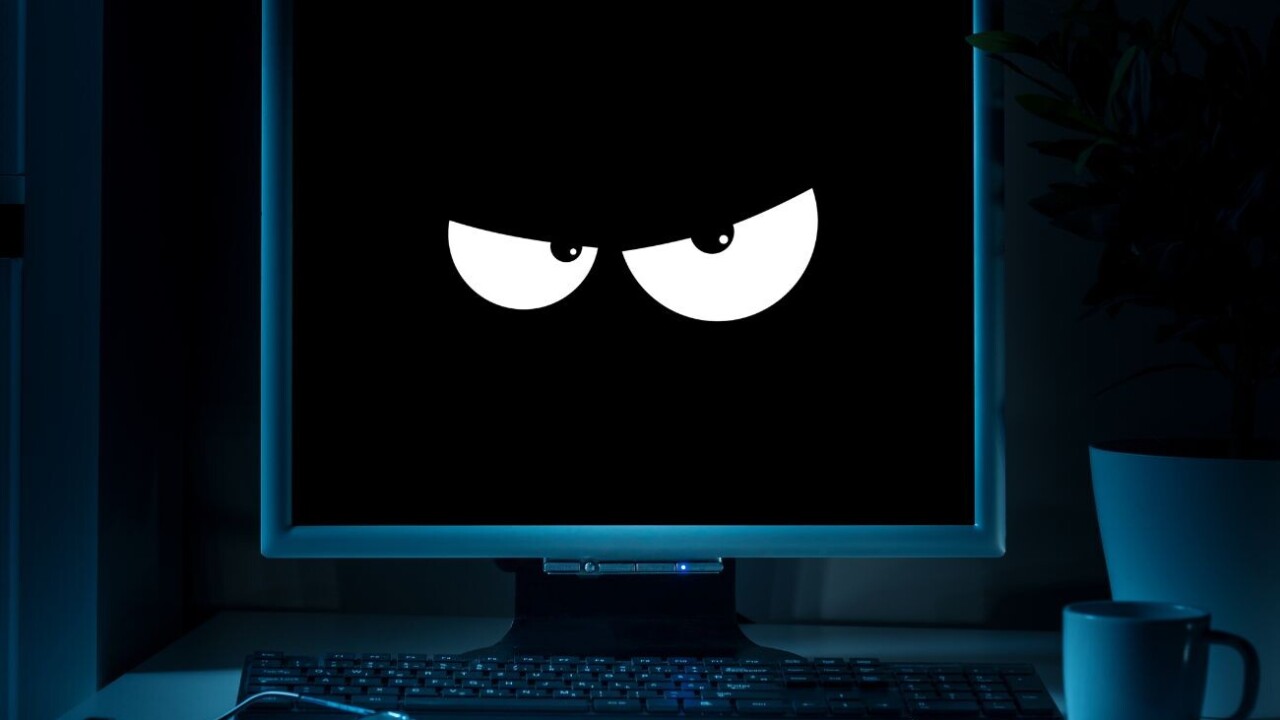
EU member states have approved draft legislation allowing governments to spy on journalists in the name of “national security.”
The Council published a draft of the European Media Freedom Act (EMFA) last week that would extend media surveillance powers, including placing spyware on journalists’ phones.
The original purpose of the EMFA was to safeguard media independence and pluralism. First presented by the Commission last September, the act was hailed as a major step forward for the protection of press freedom.
But earlier this month, France introduced an exception to the ban on deploying spyware against journalists, provided it was used in the interests of national security.
The exemption would allow member states to hack into journalists’ phones if they suspect their sources could be talking to criminals involved in anything the state perceives to be a threat.
A broad array of crimes, ranging from murder to theft and music piracy, will now be considered as legal justification for using surveillance software on reporters.
Press freedom advocates have warned these last-minute changes could “open the door to all sorts of abuses.”
The European Federation of Journalists, which represents some 320,000 journalists from across 45 countries, said it was “disturbed” by the “dangerous loopholes” in the Council’s proposal.
“It shows a disregard for media freedom principles,” it said, arguing that such legislation would put journalists and their sources even more at risk.
Christophe Deloire, secretary general of Reporters Without Borders, went so far as to say that the addition of a national security exemption to the EMFA was a “danger to journalism” and “would poison this law from within.”
A spokesperson for the EU Commission told reporters last week that he would “not comment on every step of the legislative process,” when asked about the concern that now spyware could be used against journalists.
EU ambassadors will now take the draft legislation to the European Parliament to assemble the final text.
The European Commission welcomed the agreement by the bloc’s member states and called for the draft legislation to become law soon.
Get the TNW newsletter
Get the most important tech news in your inbox each week.




